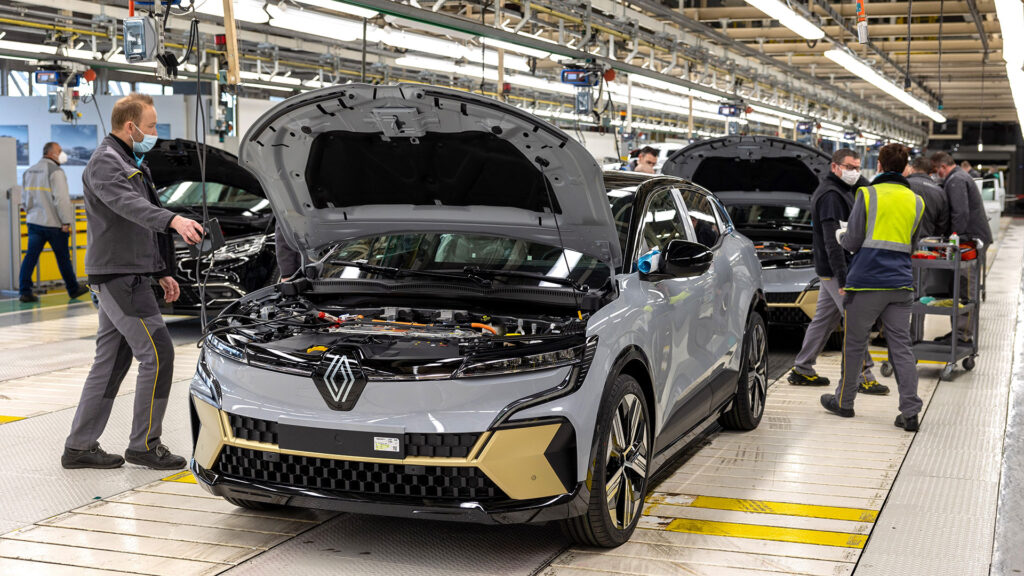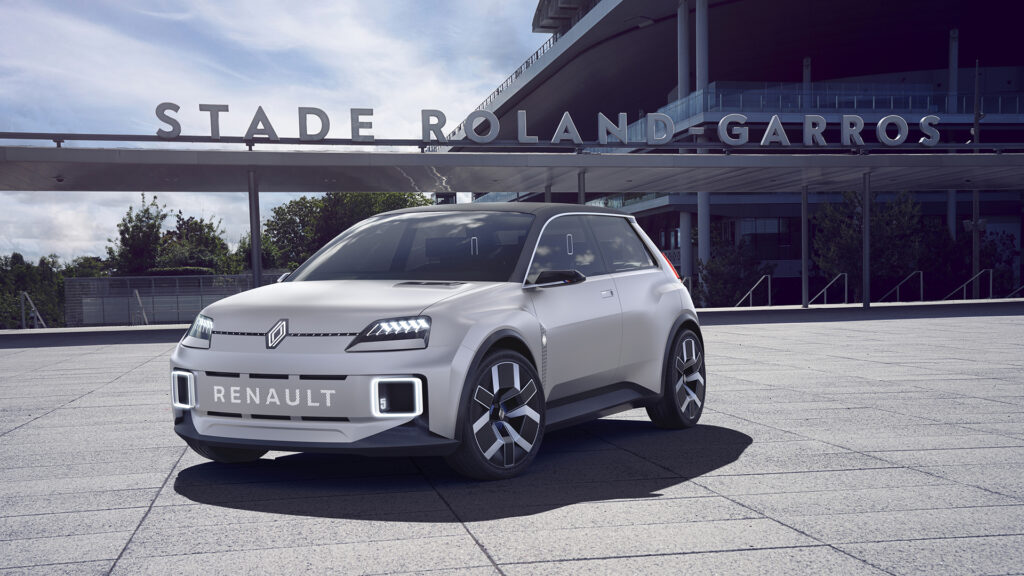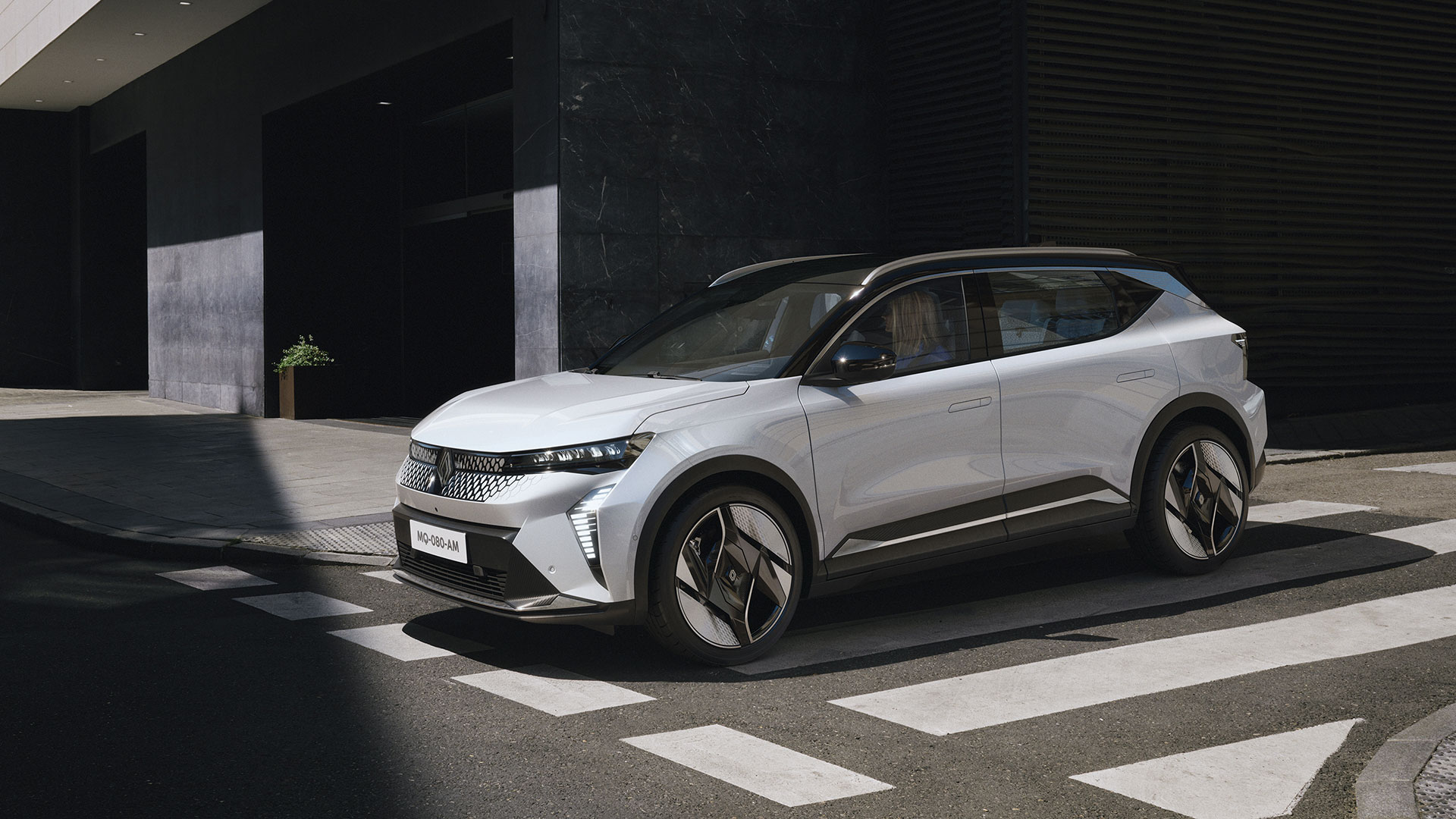The French manufacturer intrigues many with its new price positioning. Renault does not sell off its electric cars to sell, it lets customers benefit from lower costs, as Tesla does.
Renault has struck a major blow in recent weeks on the issue of the price of its cars. For buyers, this is good news: they are finally seeing slightly more affordable solutions. Financial observers quickly expressed some fears.
Advertisement
This new pricing policy of the brand has therefore concentrated most of the questions from investors, during the financial results conference of February 15, 2024. Doubts that Luca de Meo, boss of the Renault group, tried to resolve through his answers.
Mégane and Scénic benefit from the optimization of production costs
The director of the Renault brand, Fabrice Cambolive, had already had the opportunity to clarify the reasons for this drop in prices on a French radio. However, it seemed necessary for Luca de Meo to confirm this, during this conference of February 15 of international scope.
If the Renault Mégane has benefited from a relatively significant price drop, starting at €34,000 instead of €38,000, this is not fair to cope with adjustments from the competition. The Mégane e-tech has benefited from the reduction in production costs compared to its launch. Part of it comes from savings on raw materials, after a surge in them, but the rest comes from the continuous improvement of the model in production.

Any savings on manufacturing parts are worth taking. This is also the method used by Tesla, which the manufacturer has taken to the next level by moving to the hunt for superfluous cents. If we can simplify the assembly of a part to save €10 per car, it's done. In the end, the customer will benefit too.
Advertisement
The new Scénic will benefit from Mégane's experience to also launch at a price more in line with the market, including against Chinese competitors. The launch price of the Scénic has been announced from €39,990 (before bonuses). The model should also particularly meet the expectations of business fleets, according to Luca de Meo, because its cost of ownership will be equivalent to that of a hybrid model.
Lower prices, but which will not reach equivalence with thermal
“ There will always be a price difference between a thermal and electric car », Confirmed Luca de Meo. If the objective of the Ampère subsidiary is to reduce the production costs of future models by 40%, the electric car will always remain a little more expensive. There are two elements that the manufacturer can play on to reduce this gap:
- Reduce the size of the batteries, like the Spring or the future Twingo. The smaller the batteries, the less they weigh on the car's budget,
- Compare the two engines on the total cost of ownership. The electric car has already caught up with the hybrid models on this point, and now wants to get closer to the thermal car.
The Renault boss nevertheless clarified that the gradual reduction in prices will not be done in the same way on all models. He also reassured investors that the Renault group was not ready to sacrifice the residual value (what the car is worth on the second-hand market) of models by lowering prices too regularly.
Several models under €30,000
Faced with critics who want to believe that electric sales are in bad shape, Luca de Meo responds: “ Below 30,000 euros, you can find many customers. » Until now, the models launched in Europe were often larger and more expensive electric cars (above €45,000). However, Europeans (especially the French) also like small cars.


With its new platform, Renault will therefore once again attack this market, a niche that it has somewhat neglected with end-of-life models, such as Twingo and Zoé. The manufacturer hopes to gain a lot of market share from 2024, with the Renault 5 and the Renault 4. These models will be the first to receive the AmpR Small platform, designed for segment B city cars, with 30% savings for produce. This will be passed on to customers with prices 30 to 35% lower, according to Luca de Meo.
The revival of the Dacia Spring, to be discovered in a few days, should also meet the demand for low-budget cars. The boss of the group presented the new Dacia Spring as “ friendlier and cheaper “.
Price is not the only argument on which the manufacturer wants to capitalize. Customer service in dealerships is one of the strong points that the group cultivates to stand out from other competitors, who could also be competitive on prices.
